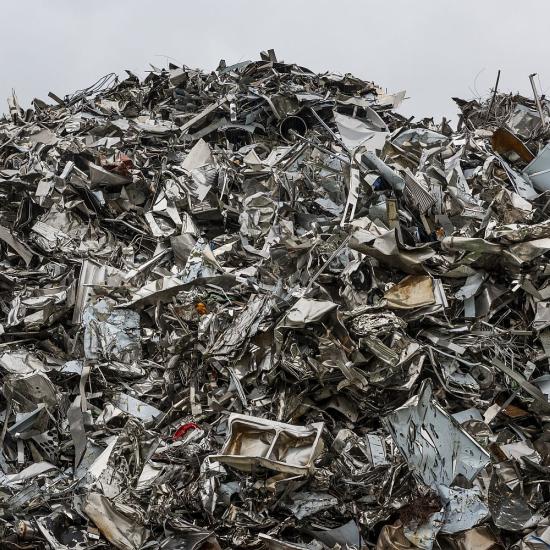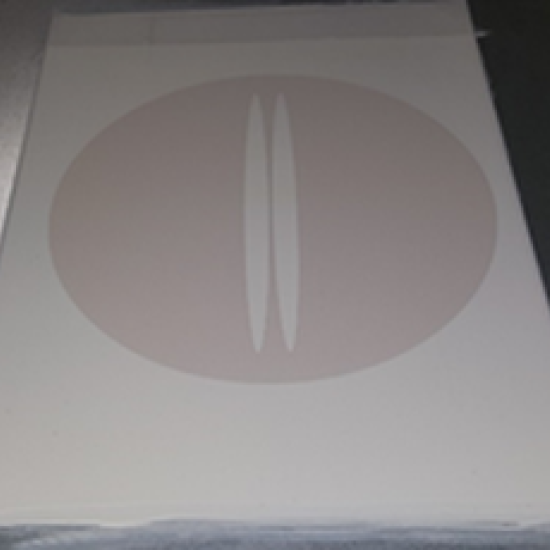Steel knives, used in technical industry, often have a hard time with all kinds of wear processes and damage. Their useful life is highly dependent on the application and the material being cut. There is no ‘ideal’ type of steel for each cutting application, but with knowledge of the situation, testing and detailed research, you can go a long way. To help you with this, Sirris has created a casebook discussing a number of practical cases in the use of industrial knives.
In the technology sector, many processes use industrial knives to custom-cut various materials. This usually relates to cutting, shearing and punching effects performed with tools made from high-quality steel types that are treated with thermal processes, and in some cases provided with a coating, to increase the strength and wear resistance. The useful life of these knives depends greatly on the application and the material being cut.
No 'one-fits-all'
There is no ‘ideal’ type of steel for each cutting application since each case is unique. Consequently there is no clear solution for every cutting problem. In case of damage, a detailed analysis of the cause – a ‘root cause analysis’ – is definitely needed, along with a thorough examination of the material. Damage to knives may consist of accelerated wear, sudden breakage, or abnormal corrosion. Experience also shows that advance testing is useful to evaluate planned changes on a larger production scale.
Learning from practice
As part of the COOCK project QualiKnife, completed last year, Sirris has now created a casebook discussing a number of practical cases in the use of industrial knives and the methods employed. Some of these cases came from damage analyses, others from studies conducted on steel parts. In all these cases, an attempt was made to seek a connection between the composition and the mechanical properties of the parts.
The cases are divided into four categories:
- based on changes in material selection,
- based on changes in heat treatment of the material,
- based on surface treatment,
- based on other, non-metallurgical external factors.
|
Expert guidance
At Sirris we recognize that each plant is unique, and are ready with expert help to guide you through the available options for your specific needs. Our material experts will apply their expertise to guide you in the optimal material use for industrial knives. Feel free to contact us to look into your specific case.
Sources
Header picture: copyright Unsplash



